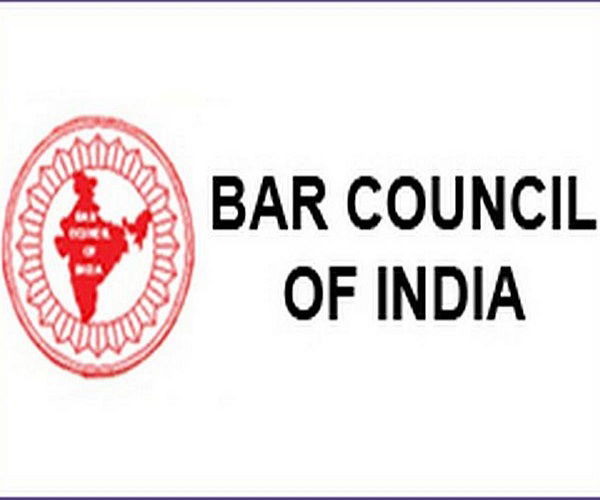NVISMT is Recognised by NCTE
The National Council for Teacher Education (NCTE) is a vital statutory body in India responsible for overseeing and regulating teacher education programs across the country. Established in 1995 by an Act of Parliament, the NCTE plays a crucial role in ensuring the quality and standardization of teacher training institutions and programs.
One of the primary functions of the NCTE is to formulate policies and guidelines for the establishment and management of teacher education institutions (TEIs) in India. These policies aim to maintain uniformity in teacher education programs, regardless of the state or region. By setting standards and regulations, the NCTE ensures that aspiring teachers receive comprehensive training that equips them with the necessary skills and knowledge to excel in their profession.
Additionally, the NCTE is tasked with the accreditation and recognition of teacher education programs and institutions. TEIs seeking recognition from the NCTE must adhere to the prescribed norms and standards set by the council. Through rigorous evaluation processes, the NCTE assesses the infrastructure, faculty, curriculum, and other essential aspects of teacher education institutions to ensure they meet the required benchmarks.
NVISMT is Approved by AICTE and BCI
All India Council for Technical Education AICTE
As per the regulations stipulated in the All India Council for Technical Education AICTE Act of 1987, the initial five years following its establishment in 1988 saw the Minister for Human Resource Development, Government of India, serving as the Chairman of the Council. Subsequently, on July 2, 1993, the Council appointed its first full-time Chairman, marking a significant milestone in its organizational structure. In March 1994, the Council underwent reconstitution with a three-year term. Furthermore, on July 7, 1994, the Executive Committee underwent reconstitution, while in the fiscal year 1994-95, the All India Board of Studies and Advisory Boards were established. The Ministry of Human Resource Development's regional offices in Kolkata, Chennai, Kanpur, and Mumbai were subsequently transferred to AICTE. Additionally, staff members from these offices were deputed to the Council on foreign service terms starting from October 1, 1995.
Bar Council of India:
The
Bar Council of India, established by Parliament as a statutory body, serves as the governing authority for the legal profession in India. Our primary role is to regulate and uphold the standards of professionalism and ethics within the Indian Bar. This involves setting guidelines for professional conduct and etiquette, as well as overseeing disciplinary actions when necessary.
Furthermore, we play a pivotal role in shaping legal education standards by establishing criteria and benchmarks. Universities that meet our standards are granted recognition, ensuring that their law degrees qualify individuals for enrolment as advocates.
Beyond our regulatory duties, the Bar Council of India also acts in a representative capacity. We advocate for the rights, privileges, and interests of advocates, safeguarding their welfare. Additionally, we administer funds aimed at providing financial assistance for welfare schemes that benefit members of the legal community. Through these multifaceted functions, we strive to uphold the integrity of the legal profession and support its practitioners across the nation.
NVISMT Affiliated with College of Barkatullah University
Established in 1970 in the bustling capital city of Madhya Pradesh,
Barkatullah University, formerly known as Bhopal University, underwent a significant renaming in 1988 to honor the esteemed freedom fighter Prof. Barkatullah, a native of Bhopal. This transformation was a tribute to his indelible contributions to the nation's struggle for independence. Recognized for its academic excellence, the University received a commendable 'B' grade accreditation from NAAC in 2015.
Spanning approximately 400 acres along the Hoshangabad highway, the university campus sits just 3 kilometers away from the Habibganj Railway Station. Its strategic location provides easy access to students and faculty alike. Barkatullah University stands as a beacon of higher education, offering a diverse range of courses across various disciplines. Affiliated Colleges and University Teaching Departments cater to a broad spectrum of fields including Arts, Social Science, Science, Life Science, Engineering, Law, Commerce, Education, Physical Education, Technology, Home Science, and Management.
The university's influence extends far and wide, encompassing eight districts: Bhopal, Sehore, Vidisha, Raisen, Hoshangabad, Harda, Betul, and Rajgarh. This expansive territorial jurisdiction underscores its commitment to serving the educational needs of a significant populace. Through its academic endeavors and commitment to excellence, Barkatullah University continues to shape the future of countless individuals within the region and beyond.

 Bhopal, Madhya Pradesh
Bhopal, Madhya Pradesh
 Collage
Collage
 2009
2009
 AICTE, NCTE, BCI
AICTE, NCTE, BCI





 back
back